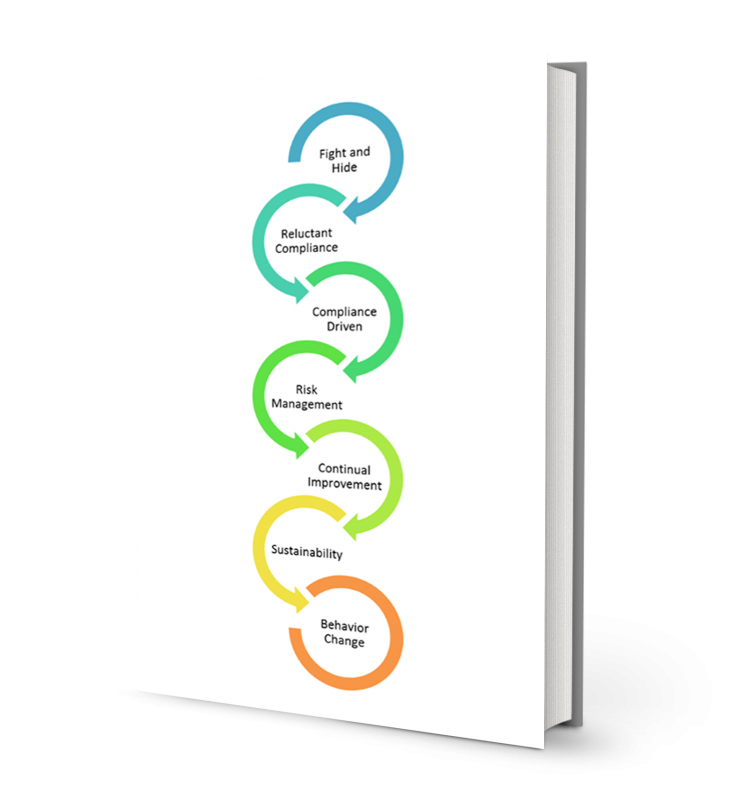IMPACT OF CLOUD COMPUTING ON TEACHING EFFECTIVENESS OF BUSINESS EDUCATION LECTURERS IN COLLEGES OF EDUCATION IN ANAMBRA STATE
Ikeanyionwu, Chioma, L
Accounting Education Dept. School of Business Education, Federal College of Education (Tech), Umunze.
Amah, Uju Vivian
Commerce & Cooperative Edu. Dept School of Business Education, Federal College of Education (Tech), Umunze.
Cloud computing is a technology that enables educational resources to be delivered over the internet, making them more accessible and cost-effective for students and teachers. This survey research design study aimed to investigate Impact of cloud computing on teaching effectiveness of business education lecturers in colleges of education in Anambra state, Nigeria. The population comprised of all the 83 Business Educators in the two colleges of Education in Anambra state. They were not sampled. A 19-item structured questionnaire titled “Impact of Cloud Computing on Teaching Effectiveness Questionnaire (ICCTEQ) was used to collect data from the respondents. Data were analyzed using mean. The findings indicated that cloud computing impacted on the pedagogical content knowledge, quality of instruction and classroom management of business education lecturers for teaching effectiveness in colleges of education in Anambra state. Based on the findings, it was recommended that government and other responsible agencies should strive to organize periodic seminars and workshops where trainings will be done to boost business education lecturers skills in cloud computing for teaching effectiveness in colleges of education in Anambra state, among others.
Adebayo, A. E., Oluwaseun, F.B., Gboyega, A.A. & Babalola, E. M. (2021). University
students’ awareness of, access to, and use of artificial intelligence for learning in Kwara state. Indonesian Journal of Teaching in Science, 1(2), 91 – 104
Coe, R., Aloisi, C., Higgins, S. & Elliot, L.M. (2015). What makes teaching great? Review of the Underpinning of Research. Rerieved from http:/?www.sultontrust.com.
Ekong, X. M. & Tayor, M. P. (2022). A critical analysis of teachers’ perceived impact of cloud
computing on teaching process in public secondary schools in Uyo LGA, Awka Ibom state. International Journal of Research in Education, Science and Technology, 5(2),49-62
Emeya, S. & Udukeke, F. O. (2018). Influence of cloud computing on teaching effectiveness
among vocational education lecturers in tertiary institutions in Akwa Ibom state. Retrieved from https://www.researchgate.net.com
Li, Y., Kim, M. & Palker, J. (2022). Using emerging technologies to improve creativity in
education: A systematic review. International Journal of Education Resources, 2(6), 34-46
Nwokike, F.O. & Ezeabii, I. C. & Jim, E. U. (2018). Business education: An indispensable tool
for achieving sustainable development in the South-East states of Nigeria. British Journal of Education, 6(1),19-27
Odike, M. & Nnaekwe, K. U. (2019). Business education as a veritable tool for reducing
unemployment. Journal of Education, 4(3),15-29
Radha, R. R. & Halder, U.K. (2018). Teacher effectiveness: A self-report study on secondary schools. International Journal of Research and Analytical Reviews, 5(3), 914-919.
Smutny, P. (2022). Learning with virtual reality: A market analysis of education and training
applications. Interact. Learn. Environ., 1, 385-398
Syed, A. R. & Komal, A. K. (2021). Knowledge and innovation factors: How cloud computing
improves students’ academic performance. Retrieved from https://www.researchgate.net/publication/351515955
Walshaw, W. (2012). The Sociology of Teaching. New York: John Wil
students’ awareness of, access to, and use of artificial intelligence for learning in Kwara state. Indonesian Journal of Teaching in Science, 1(2), 91 – 104
Coe, R., Aloisi, C., Higgins, S. & Elliot, L.M. (2015). What makes teaching great? Review of the Underpinning of Research. Rerieved from http:/?www.sultontrust.com.
Ekong, X. M. & Tayor, M. P. (2022). A critical analysis of teachers’ perceived impact of cloud
computing on teaching process in public secondary schools in Uyo LGA, Awka Ibom state. International Journal of Research in Education, Science and Technology, 5(2),49-62
Emeya, S. & Udukeke, F. O. (2018). Influence of cloud computing on teaching effectiveness
among vocational education lecturers in tertiary institutions in Akwa Ibom state. Retrieved from https://www.researchgate.net.com
Li, Y., Kim, M. & Palker, J. (2022). Using emerging technologies to improve creativity in
education: A systematic review. International Journal of Education Resources, 2(6), 34-46
Nwokike, F.O. & Ezeabii, I. C. & Jim, E. U. (2018). Business education: An indispensable tool
for achieving sustainable development in the South-East states of Nigeria. British Journal of Education, 6(1),19-27
Odike, M. & Nnaekwe, K. U. (2019). Business education as a veritable tool for reducing
unemployment. Journal of Education, 4(3),15-29
Radha, R. R. & Halder, U.K. (2018). Teacher effectiveness: A self-report study on secondary schools. International Journal of Research and Analytical Reviews, 5(3), 914-919.
Smutny, P. (2022). Learning with virtual reality: A market analysis of education and training
applications. Interact. Learn. Environ., 1, 385-398
Syed, A. R. & Komal, A. K. (2021). Knowledge and innovation factors: How cloud computing
improves students’ academic performance. Retrieved from https://www.researchgate.net/publication/351515955
Walshaw, W. (2012). The Sociology of Teaching. New York: John Wil

